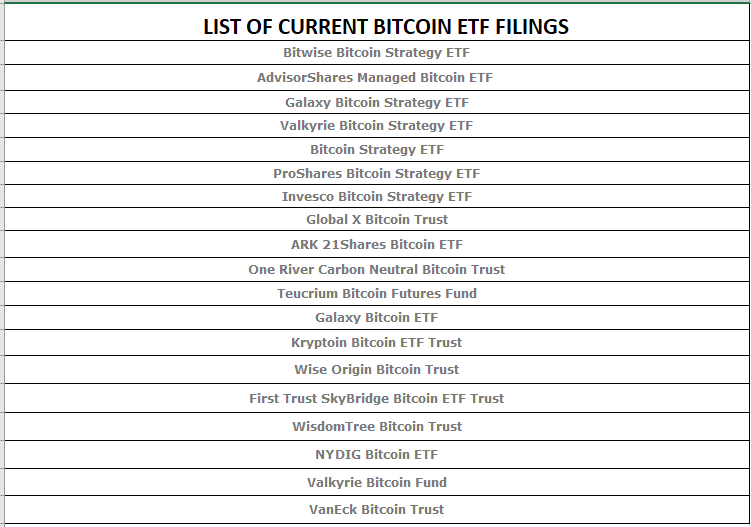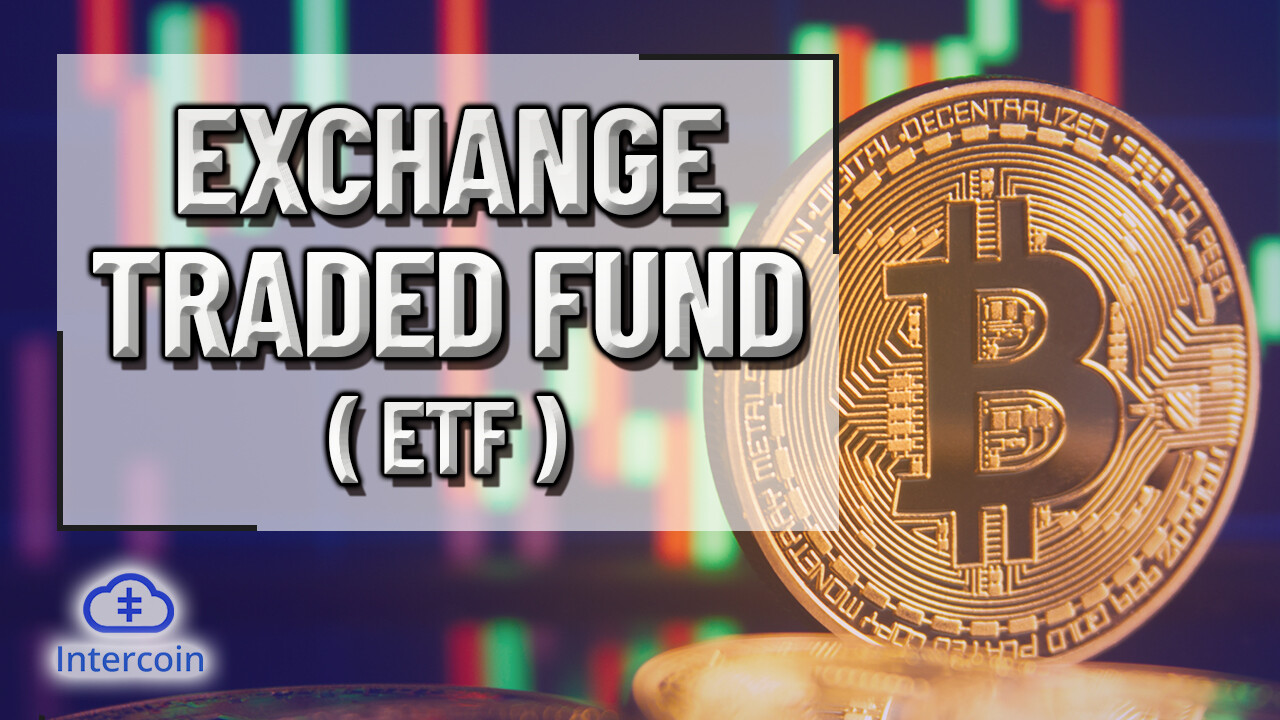What is an Exchange-Traded Fund (ETF) ?
Exchange-Traded Fund by definition is a type of fund traded on the stock exchange for both institution and individual investors where investors are buying a pooled investment vehicle.
A brief history on ETF
The first ETF was developed in 1992 after first being approved by the Securities Exchange Commission (SEC) to be traded on the American Stock Exchange (Amex). The name of this ETF is S&P Depository Receipts (SDPR) and is listed under ticker symbol “SPY” on the Amex. Sometimes called “spider”, the SPY is based on the S&P 500 Index where each share represents an ownership interest in 500 stocks in the S&P 500.
Types of ETFs
Since 1992, there has been thousands of funds funds created around the world that offers different stocks, assets, markets and investment strategies. Some of the major ETFs are:
Currency ETFs
Designed to track the relative value of a currency such a EUR and USD or a basket of currencies.
Equity ETFs
Equity ETFs let you target sectors such a banking stocks or tech stocks
Commodity ETFs
Designed to track the price of commodities such as corn, sugar, crude oil and gold.
Bond/Fixed Income ETFs
Designed to provide exposure to bonds such as corporate bond, US Treasury, high-yield, municipal, international and others
Sustainable ETFs
Sustainable investing combines traditional investment approaches with environmental, social and governance insights.
Foreign market ETFs
Designed to track non-US markets, such as Japan’s Nikkei Index or Hong Kong’s Hang Seng index
Bitcoin (BTC) ETF
Since the inception of Bitcoin, several companies have applied to the SEC to have a BTC ETF approved for trading on the Amex. However, the custom has been for the SEC to explicitly reject or file an extension to making a decision on these ETFs. For instance, VanEck filed its BTC ETF on Dec. 30, 2020 that would invest directly in BTC. However, the SEC filed a 60 day extension in mid-September which would now push the approval/rejection date to November 14, 2021. There are approximately 19 active bitcoin ETFs in the pipeline, with a few expecting a decision from the SEC in October.

The current chairman of the SEC, Gary Gensler had stated that he would rather to see funds holding Bitcoin futures rather than the actual Bitcoin itself. Click this link to get a better understanding of what a futures contract is. There are several BTC ETF futures-linked that are currently on the table waiting for a decision from the SEC. Some of the companies from which they were filed are: Ark Invest, VanEck, ProShares, Valkyrie, Invesco and AdvisorShares.
A bitcoin ETF would further legitimize the cryptocurrency industry. For years, cryptocurrency was mainly used by retail investors but we have been seeing a push for institutional investors to be exposed to the industry. Furthermore, there are several funds that exist today that allows institutions to dabble in this space. For the most part, these products deal in equities that are somehow involved with cryptocurrencies, though a couple provide more direct exposure. Some of which are:
-
Grayscale Bitcoin Trust
-
Amplify Transformational Data Sharing ETF
-
Siren Nasdaq NexGen Economy ETF
-
Bitwise Crypto Industry Innovators ETF
-
First Trust Indxx Innovative Transaction & Process ETF
-
Global X Blockchain ETF
-
VanEck Digital Transformation ETF
Bitcoin ETF given the green light
Optimism for the approval of the first Bitcoin ETF hit a fever pitch on Oct. 15 when the SEC green lighted the ProShares Bitcoin Strategy ETF which was filed this past summer. The company filed a post-effective amended prospectus stating that its filing is expected to launch on Monday, Oct. 18. ProShares Bitcoin Strategy ETF will only track bitcoin futures, rather than the actual price of bitcoin. In addition, ProShares stated that the Fund may invest in Canadian ETFs and other pooled investment vehicles if, for any reason, it is unable or it becomes impractical to obtain exposure to bitcoin futures.

